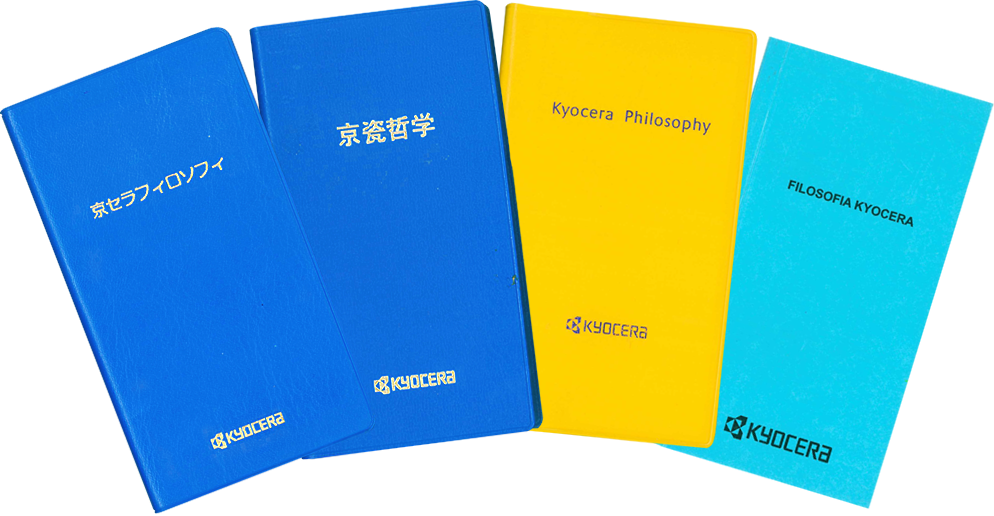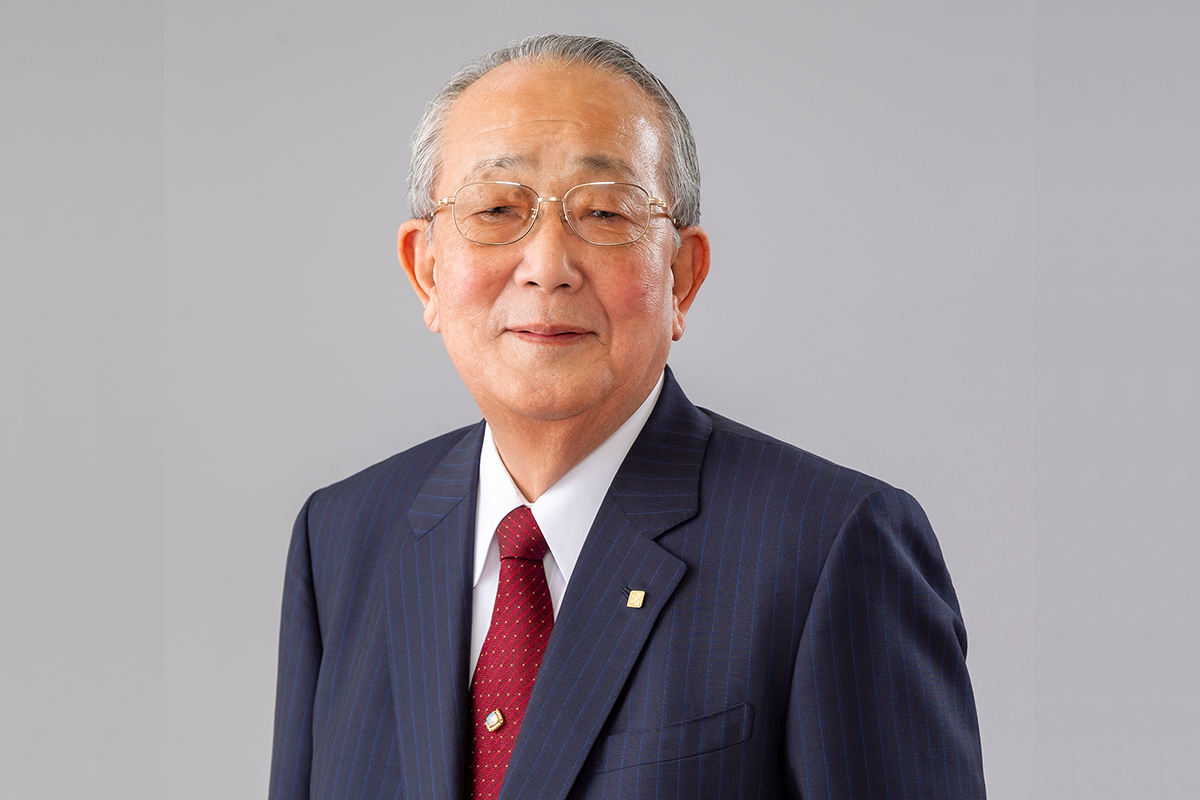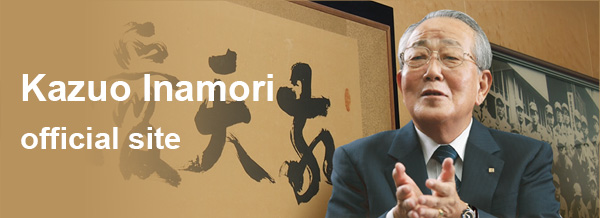Kyocera‘s management is built on the Kyocera Philosophy, a compass for life reflecting the real-life experiences and “rules of thumb” developed by Kazuo Inamori, founder and chairman emeritus of Kyocera Corporation. Distilled into a single criterion — “Do what is right as a human being” — the Kyocera Philosophy represents a commitment to fair management and compliance with the most fundamental human ethics and values.
As Kyocera’s leader, Inamori developed innovative business concepts and methods such as Amoeba Management and the Kyocera Accounting Principles. All are based on the Kyocera Philosophy. We strongly believe that a full understanding and practice of the Kyocera Philosophy are essential to keep our company on a path to growth throughout the future.
Kyocera Philosophy
Asking ourselves “What is the right thing to do as a human being?” illuminates the fundamental ethical and moral values at the heart of human goodness. “Don’t be greedy,” “Do not cheat,” and “Always be honest” are familiar childhood rules that we learned from our parents, and still recognize as the most basic principles of human coexistence.
We believe that decisions and actions in daily life should reflect the criterion of “What is universally right,” and not “What best suits our own interests.”

From left, Japanese,
Chinese, Thai, Portuguese
A copy of the Kyocera Philosophy Pocketbook is distributed to each employee at Kyocera.
Employees are encouraged to apply the principles in the Pocketbook as they learn and practice the Kyocera Philosophy. In April 2011, we published the Kyocera Philosophy Pocketbook II, which summarizes additional important points of the Philosophy. The updated Pocketbook is being translated into more than 10 languages to aid in the permeation of the Kyocera Philosophy globally.
Amoeba Management
The Kyocera Group uses its own business administration method called “Amoeba Management.” Amoeba Management is a method specifically developed to fulfill the corporate philosophy of the Kyocera Group. Under this system, the company is organized into small groups called amoebas, which operate on a self-supporting basis.
We believe that employees’ enhanced sense of participation in management and the motivation provided by Amoeba Management constitute the source of the Kyocera Group’s strength. The small-group system also serves to clarify the responsibilities of each member, ensure transparency in every detail, and enable accurate measurements of efficiency.
~ The Objectives of Amoeba Management ~
- 1.To establish a market-oriented divisional accounting system
- 2.To develop leaders with managerial awareness
- 3.To practice “Management by All”
Kyocera Accounting Principles
Accounting is integral to management, serving much like a map to our destination. In accounting, it is important to trace matters back to their essence and act within our primary criterion to "Do what is right as a human being." Kyocera considers accounting to be ideal when it presents the facts as they are, and recognizes the importance of fair and transparent management.
The Kyocera Management and Accounting Principles comprise a set of practical concepts designed to reveal the true reality of the company and the best actions to take.
~ Seven Basic Principles of Kyocera Accounting ~
- 1.Cash-Basis Management
- 2.One-to-One Correspondence
- 3.Muscular Management
- 4.Perfectionism
- 5.Double-Check
- 6.Profitability Improvement
- 7.Transparent Management
Founder, Kazuo Inamori


Kazuo Inamori was born in Kagoshima, Japan in 1932.
He graduated from Kagoshima University in 1955 with a Bachelor's of Engineering degree and joined Shofu Industries, an insulator manufacturing company in Kyoto. In April 1959, he established Kyoto Ceramic Co., Ltd. (now Kyocera Corporation) with a 3-million yen investment from acquaintances. He served as president and chairman of the company until 1997, when he assumed the title of founder and chairman emeritus.
Inamori also established DDI Corporation (now KDDI) as Japan’s second telecoms provider; and in February 2010, he led the successful bankruptcy turnaround of Japan Airlines. He is now honorary adviser to both companies.
In 1984, Inamori made a personal endowment to establish the non-profit Inamori Foundation. At the same time, he created the Kyoto Prize, an international award presented by the Foundation each November to recognize individuals and groups worldwide who have made outstanding contributions to the betterment of humankind.
Inamori holds several posts outside of the business world, including honorary chairman of the Kyoto Chamber of Commerce and Industry; foreign member of the Royal Swedish Academy of Engineering Sciences; trustee emeritus of the Carnegie Institution of Washington; foreign associate of the National Academy of Engineering in the United States; and honorary knight commander of the Order of the British Empire.
His volunteer service has included leading Seiwajyuku, a private management school operated in 104 locations (48 outside of Japan). As principal of Seiwajyuku, Inamori taught his management philosophy to 14,938 business owners and entrepreneurs worldwide from 1983 until 2019.
As of January 2020


